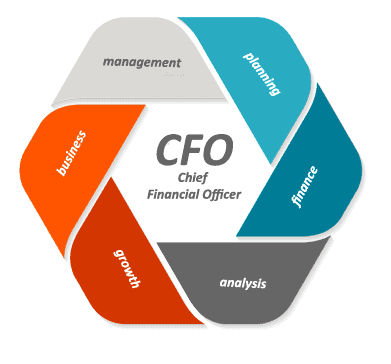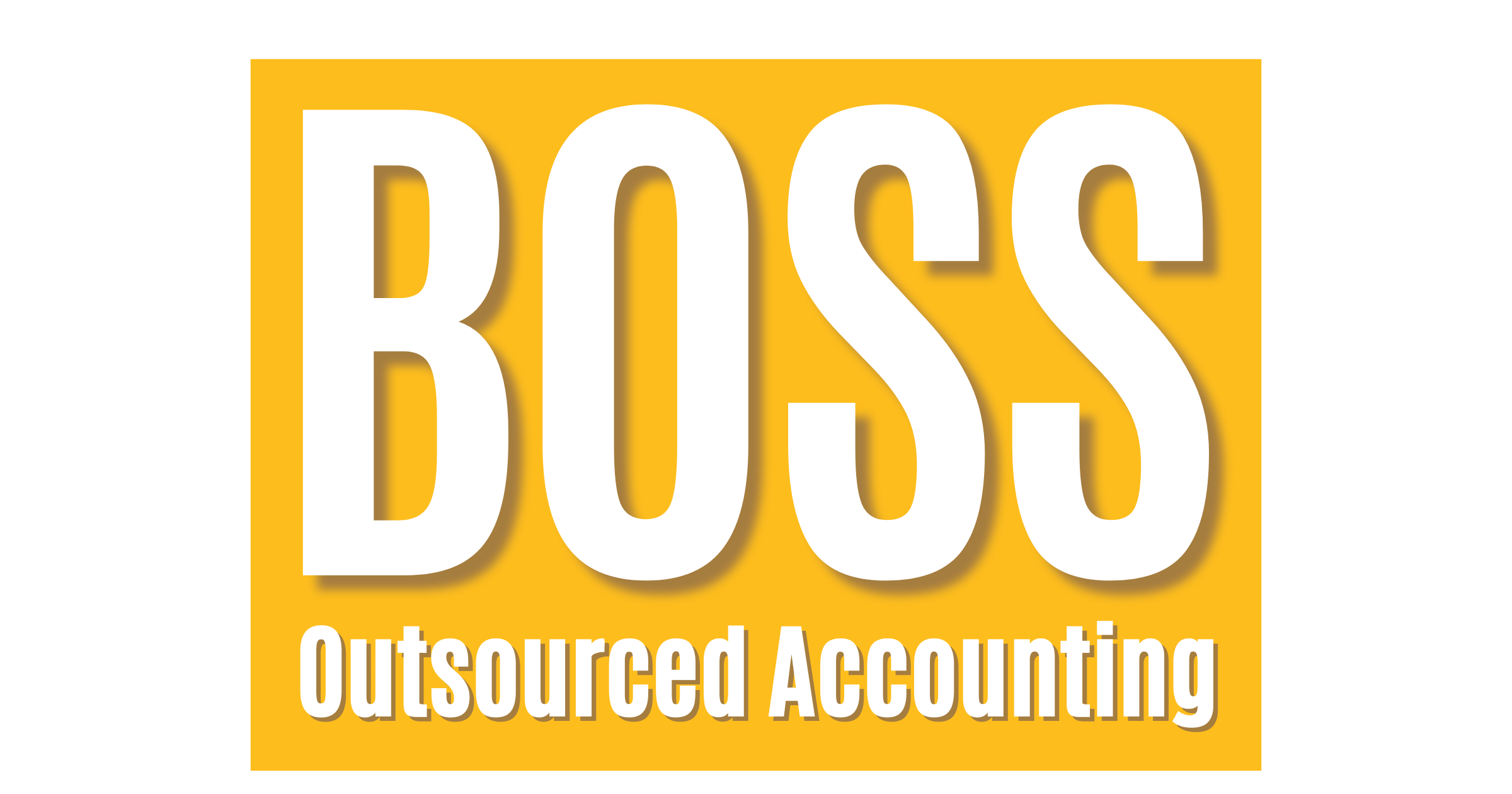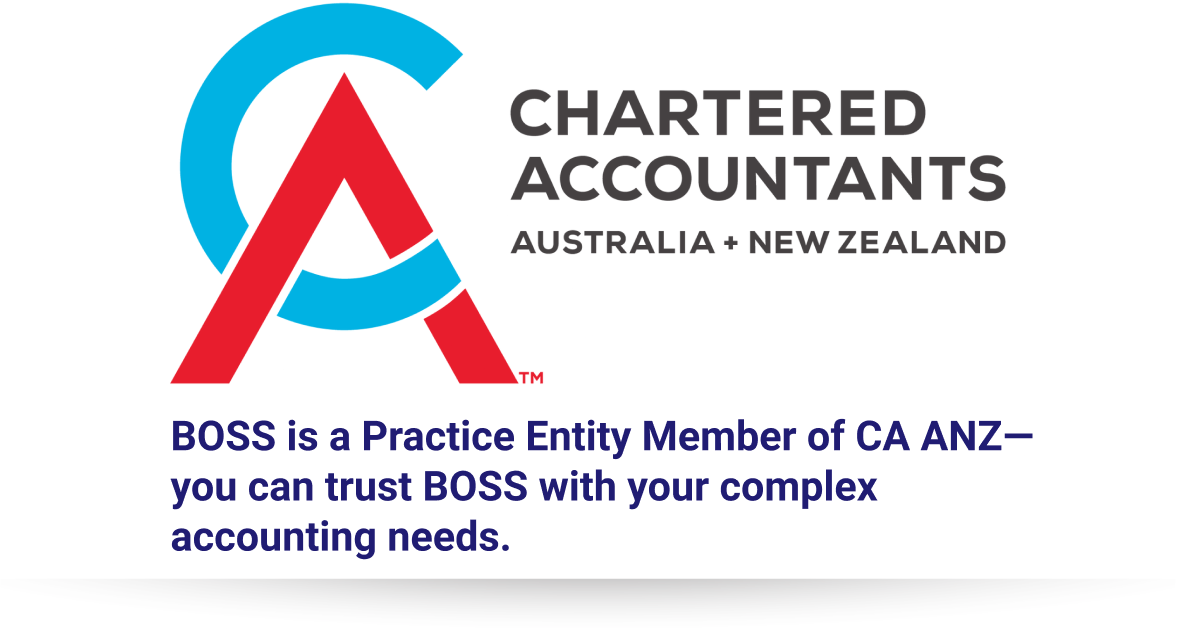The usual accountant-client relationship
Your clients are used to having their accountants do essentially one thing and one thing only – present the concise black-and-white numbers that establish their business’ financial health. Here’s how you change that relationship to benefit both your client and your own bottom line – you present those stark numbers as only being a piece of the larger picture of your client’s company. What we mean by this is that you become the person who not only zooms in on any one financial detail but also helps your client take a step back and see how those numbers, all used together, tell the tale of how the company is doing as a whole.Outsourcing accounting lets you focus on your client’s future
The individual numbers that you present to your clients are all in the past – those numbers can never be changed in relation to the company’s history. But what they can do for the future is indicate to a business owner just what they have to change in their business in order to meet their goals. (If they don’t have concrete goals this is another area you can aid them in – sit down with them and hammer out specifically what they want to achieve in 1 year, 5 years, 10 years, etc.) Who is the person who typically does this kind of financial forecasting using current and past numbers? A CFO. Can every business afford to hire someone on to fill that kind of role? No they cannot. However, happily companies will no longer have to look any further because you, with the extra time afforded you by outsourcing accounting tasks, have the time to fill that role for them.
The past, present, and future
So the past is your client’s previous payroll, overhead, cash flow, and so on. The present is where they are at right now – where they are hurting themselves by not trying new prices for their widgets, their taxes and tax breaks you can help them grab a hold of, etc.
Outsourcing accounting now allows you the time to make your client’s future a part of your firm’s business.
So how do you pitch yourself as a consulting de-facto CFO? First, you’ve already shown that you’re reliable. They’ve trusted you with their taxes and valuable books for potentially years. That kind of trust would have to be built up over a long period of time if they hire someone from outside as a full-time CFO.
Second, you’ve shown that you’re a pro when it comes to digging down into details. You understand, quite possibly better than the business owner themselves, what the individual financial numbers mean on their own and what will happen to the numbers as a whole when you change a specific number, like the price of a widget or how much they’re charging per hour.
For example they might be frightened by the thought of going with the higher-end but more costly component that goes into making their widgets. They’re scared that if they pass the increased cost on with a price increase that they’ll lose customers. However with your understanding of the details and with the time freed up by outsourcing accounting you’re able to put together a scenario showing that the increased cost to X dollars per unit will more than cover the loss of Y customers.
Finally, who is going to know better than you why your clients are still selling the same amount of widgets but are seeing a decline in monthly net profits? Knowing the cause of a disease is the first step to steering the company toward the right cure.
Be your own CFO
How much extra time would it take you to become the CFO for a client? Probably not a lot considering you are already familiar with the numbers. All you have to do is put them together to paint that bigger picture that can steer your client towards a healthy dose of growth.


